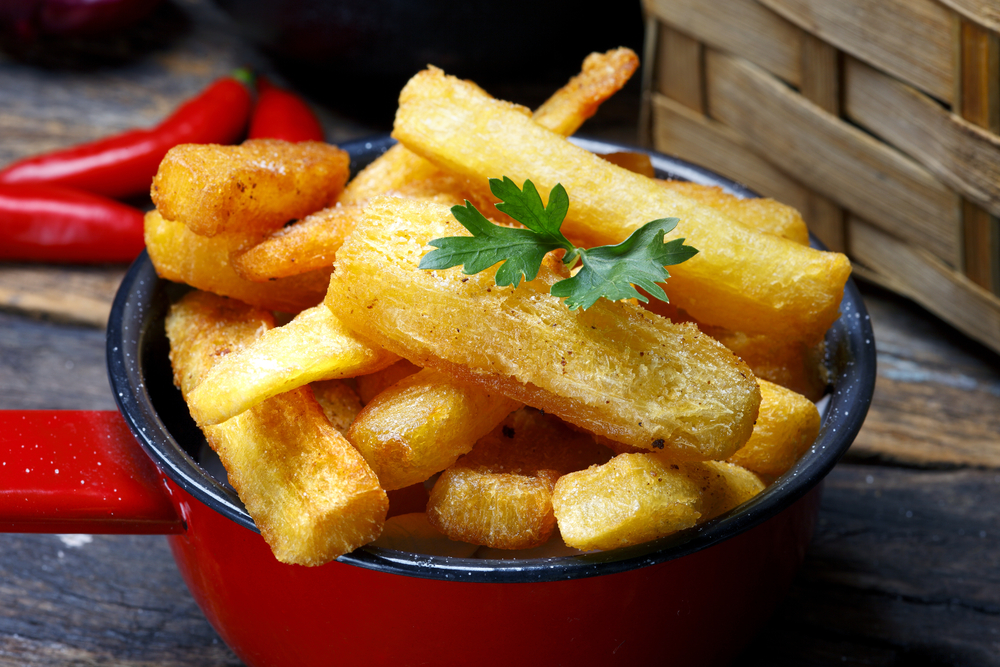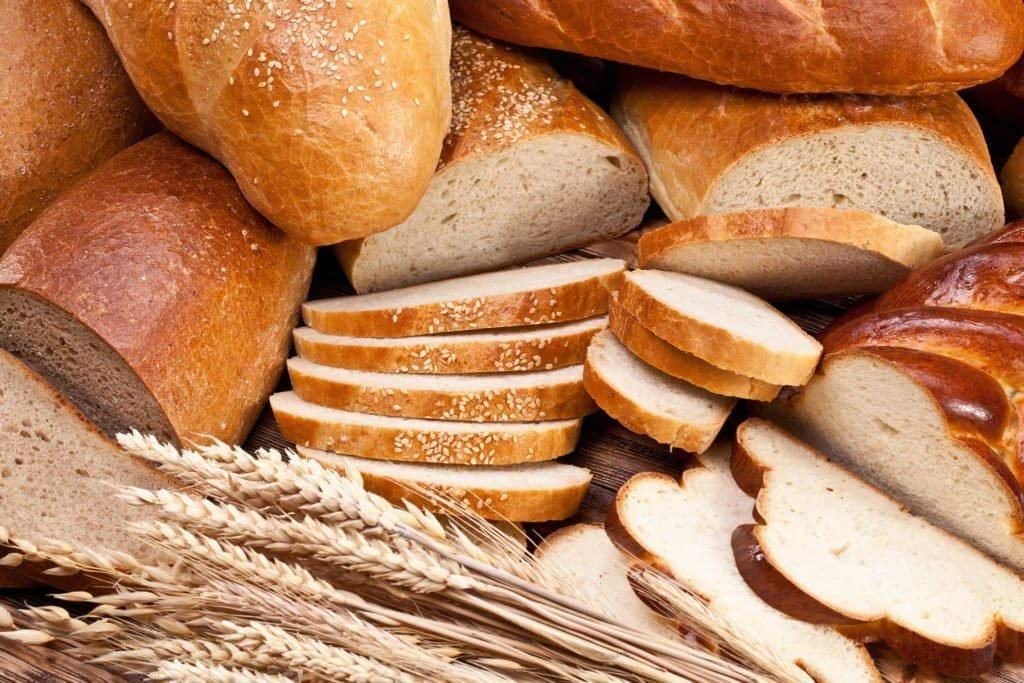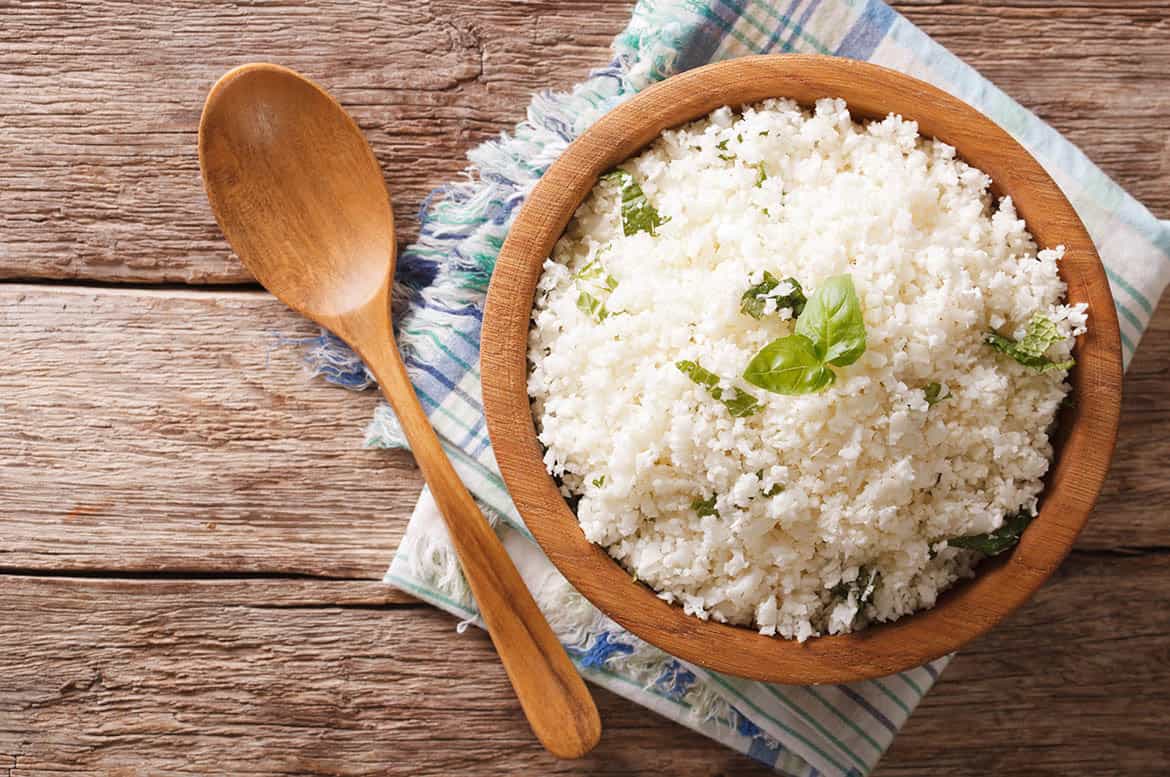Contents:
- Medical Video: Best Carbs to Drop a Dress Size
- The difference in nutrients in cassava and potatoes
- So, which is better between cassava and potatoes?
- How many portions of cassava and potatoes should you consume to replace rice?
- How to cook cassava and potatoes affect the level of nutrients
Medical Video: Best Carbs to Drop a Dress Size
Cassava and potatoes are an alternative staple food for rice which is also rich in carbohydrates. But when comparing the two, which one is healthier? Yuk cassava or potatoes, see the explanation below!
The difference in nutrients in cassava and potatoes
Cassava and potatoes are both basic food sources of complex carbohydrates that contain no fat. Cassava and potatoes also contain enough fiber.
For comparison, every one serving of 100 grams of cassava contains 112 calories, 38 grams of carbohydrates, 1.5 grams of protein. With the same dose, potatoes contain 76 calories, 17 carbohydrates and 2 grams of protein. Both of these tubers both contain 2 grams of fiber.
Both cassava and potatoes also contain enough vitamin A, vitamin C, and manganese. Manganese itself is a mineral that functions to help blood clots, produce sex hormones, and strengthen bones and connective tissue.
So, which is better between cassava and potatoes?
Judging from the overall nutritional value, both cassava and potatoes have an equal position. So the decision to choose cassava or potatoes as a snack is actually in your hands.
However, if you want to use one of the two tubers as a carbohydrate source instead of rice, cassava is probably a better choice than potatoes.
Because, every 230 grams of cassava contains 78 grams of total carbohydrates. If every 1 gram of carbohydrate contains 4 calories, this is equivalent to 312 calories or 95 percent of your daily carbohydrate needs. While the carbohydrate content in potatoes is equivalent to 66-90 percent of daily carbohydrate needs.
When viewed from the glycemic value, cassava is also superior to potatoes. Based on the IG value table from Harvard Medical School, the IG value of 100 grams of boiled potatoes is around 78 while the glycemic value per 100 grams of cassava is around 55. The lower the glycemic value of a food, the less effect it has on increasing blood sugar levels.
So it can be concluded that cassava can replace rice better than potatoes.
How many portions of cassava and potatoes should you consume to replace rice?
Based on the Balanced Nutrition Guidelines issued by the Indonesian Ministry of Health, every 100 grams of rice contains 175 calories, 4 grams of protein, and 40 grams of carbohydrates.
To get the same nutritional value, you are encouraged to eat two medium sized potatoes (210 grams) or 1.5 pieces of cassava (120 grams).
How to cook cassava and potatoes affect the level of nutrients
Although the nutritional content of cassava and potatoes is almost eleven twelve, the wrong cooking methods can change the womb so that it might even harm your health.
The safest way to process cassava and potatoes while maintaining most of their nutrients is by boiling or baking. But also remember that cooking techniques can also affect the glycemic index value of a food. The longer the food is cooked, the higher the glycemic index that the food has.
Before processing cassava, make sure you peel the skin clean and wash the cassava well. Also, make sure to process cassava until it is completely cooked to avoid the risk of cyanide poisoning.
Slightly different from cassava, you do not need to peel the potato skin clean before cooking because it is the potato skin that stores the most nutrients. But still make sure you wash the potatoes thoroughly before processing to avoid the risk of food contamination.












